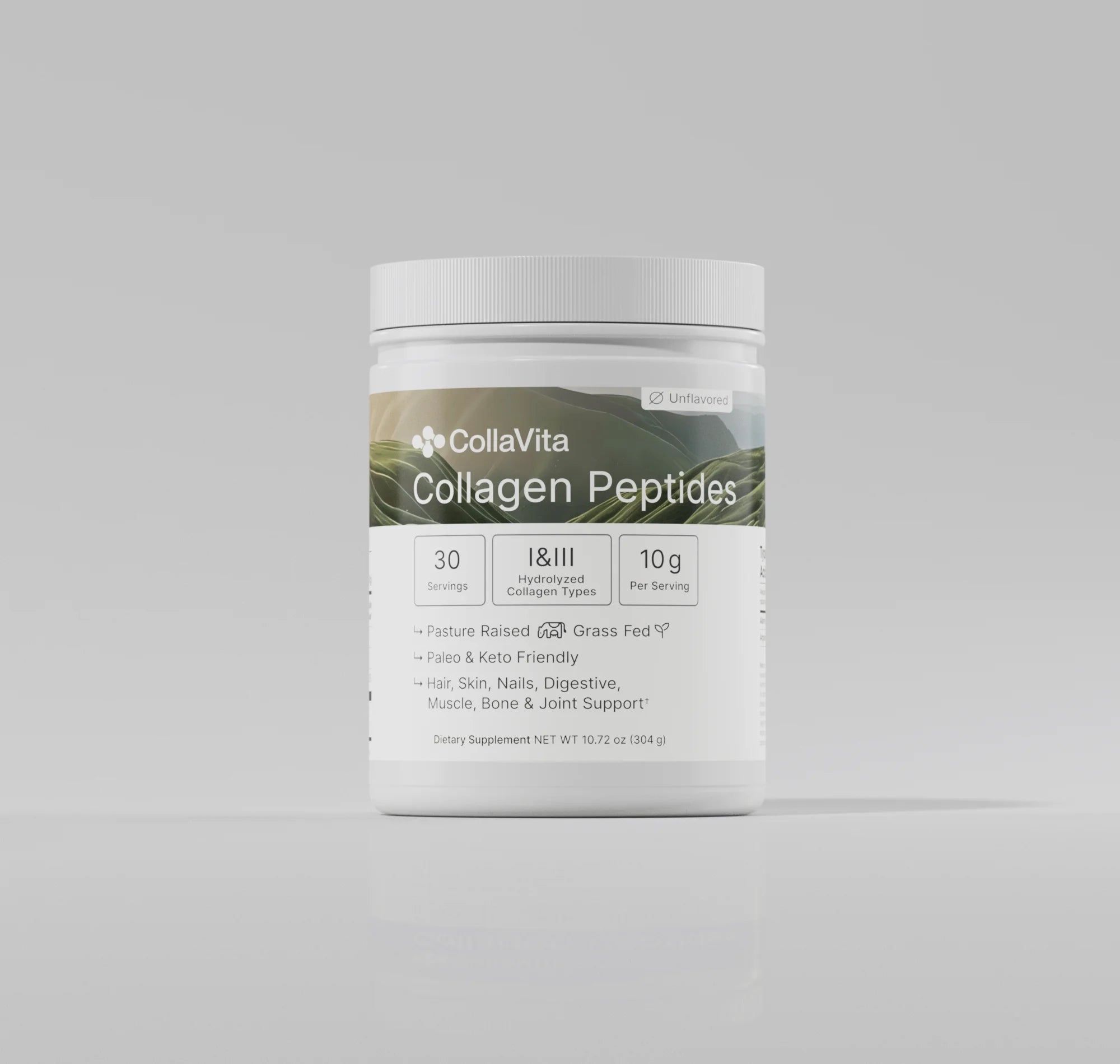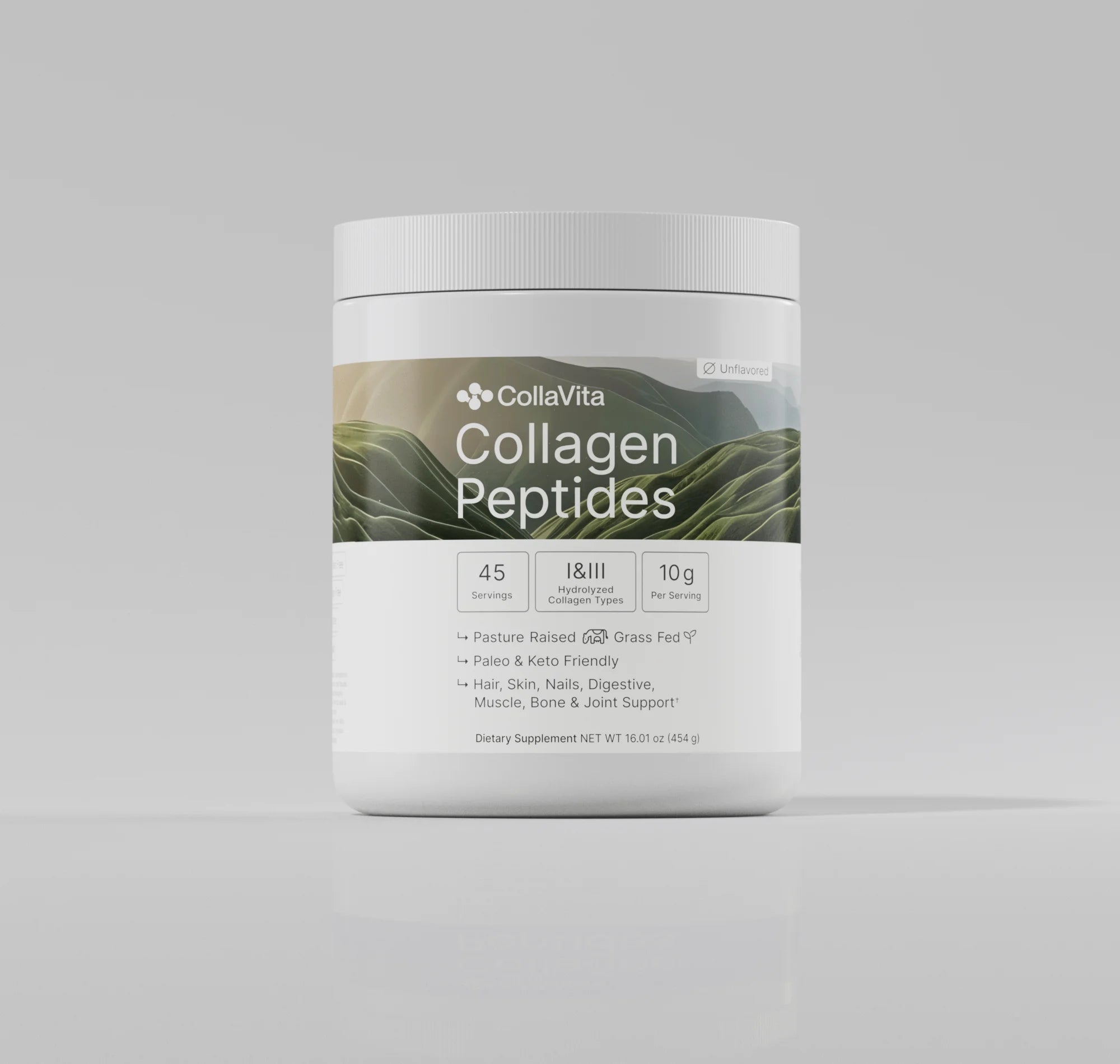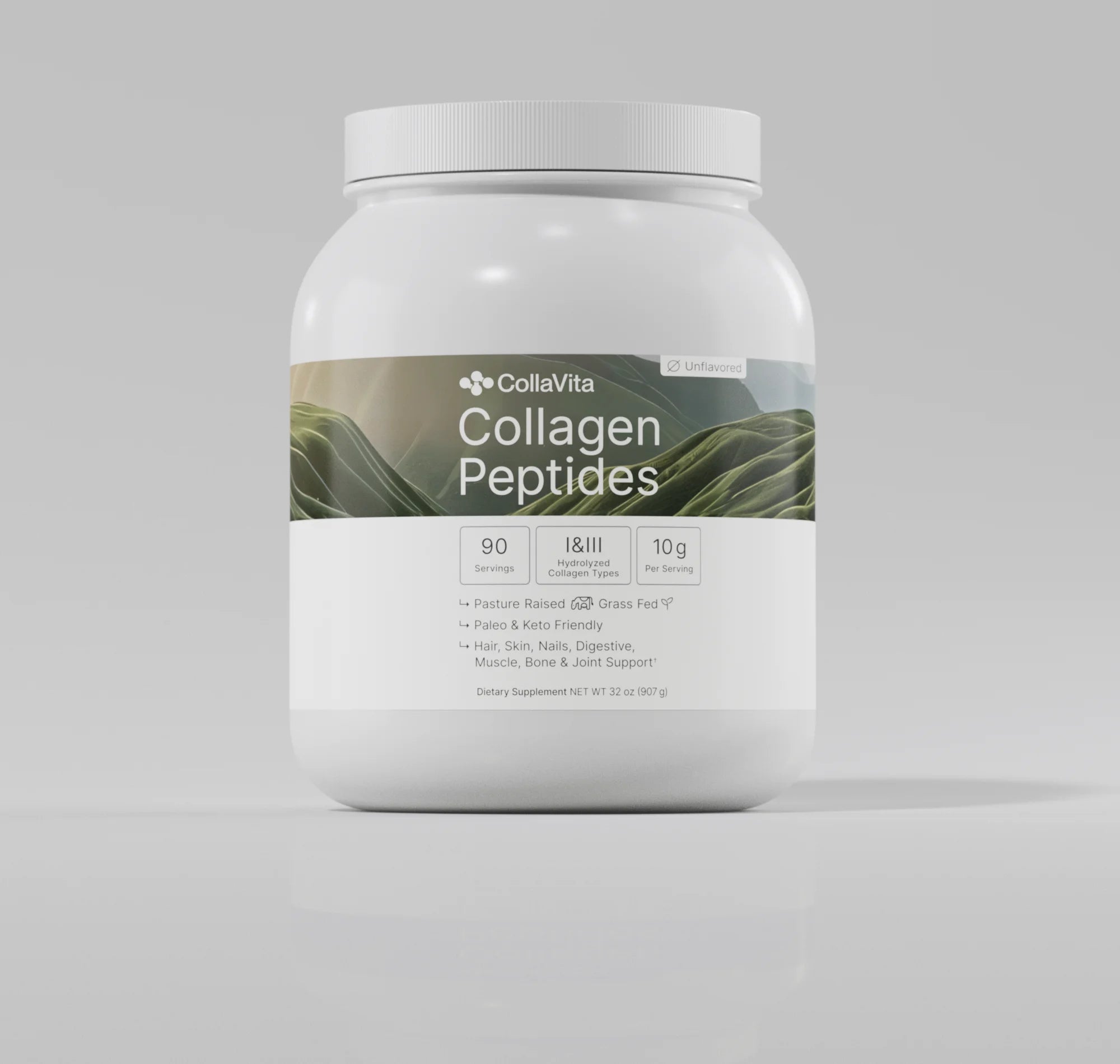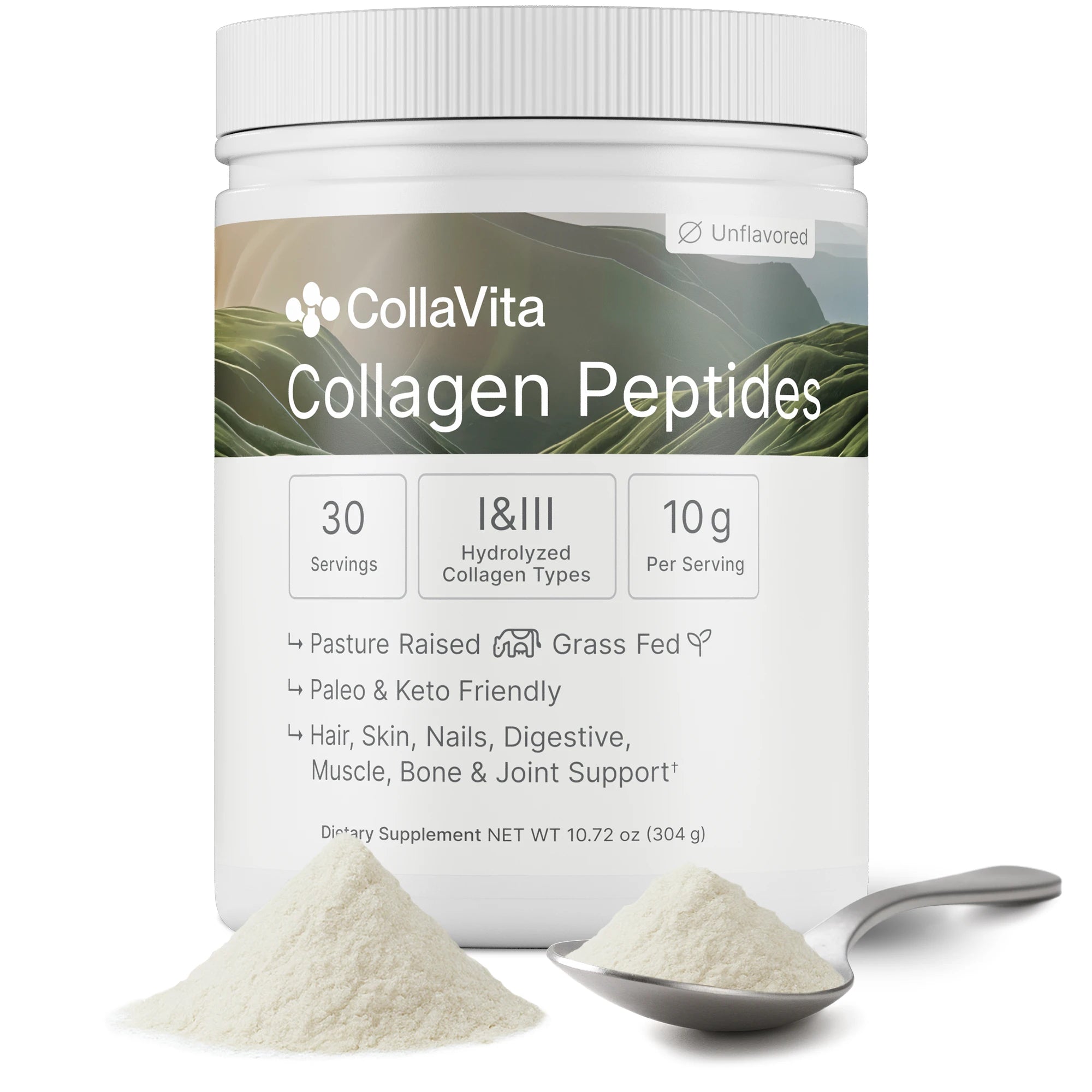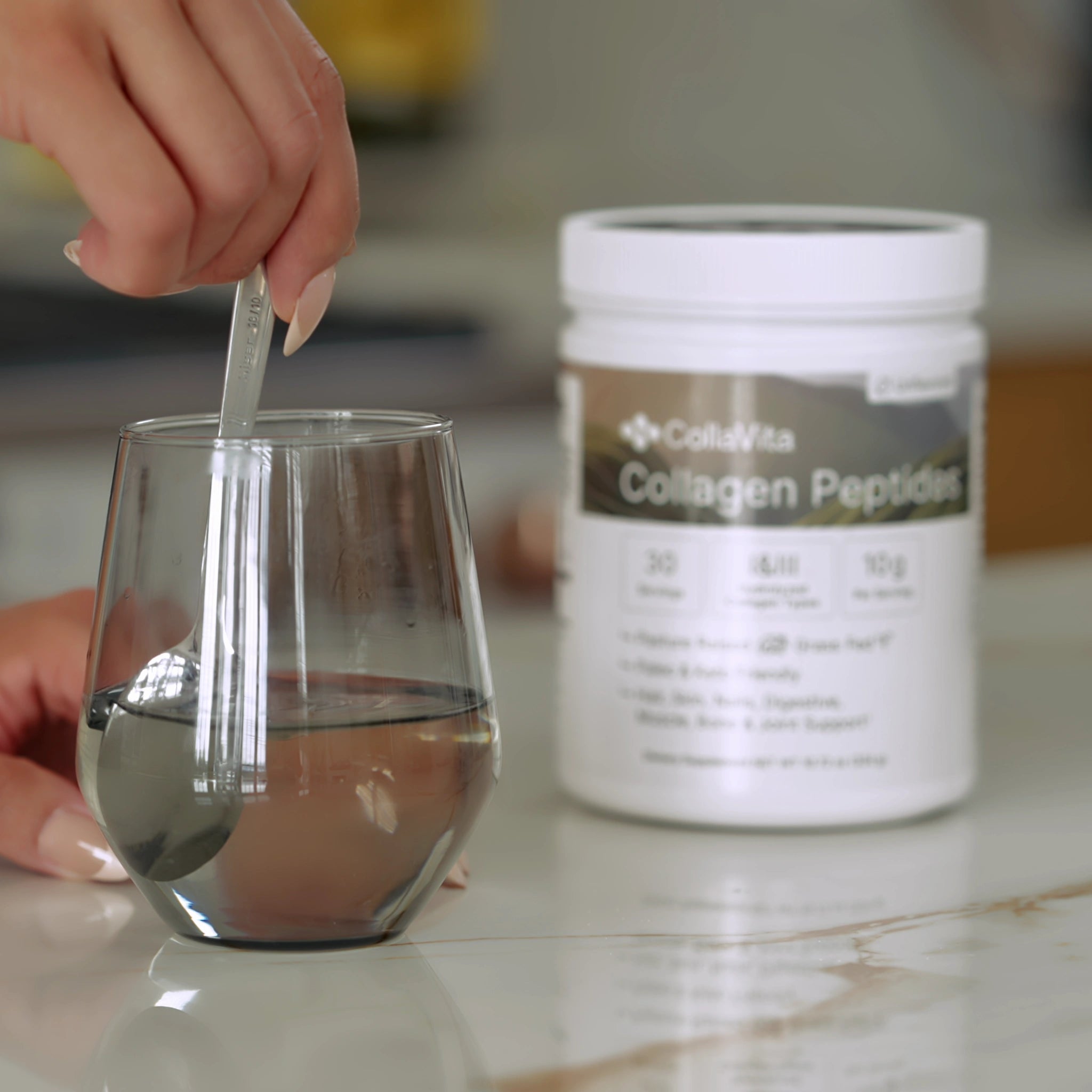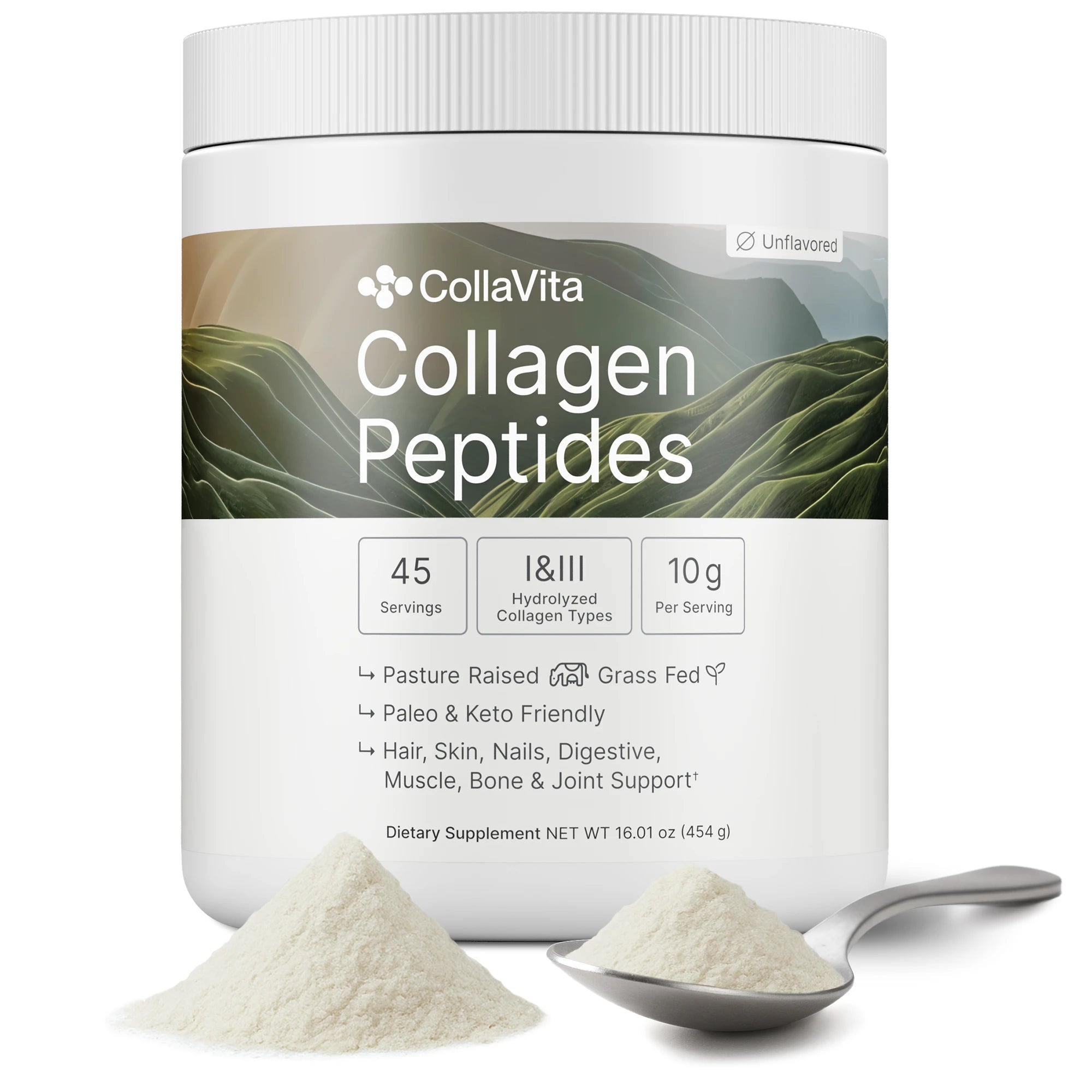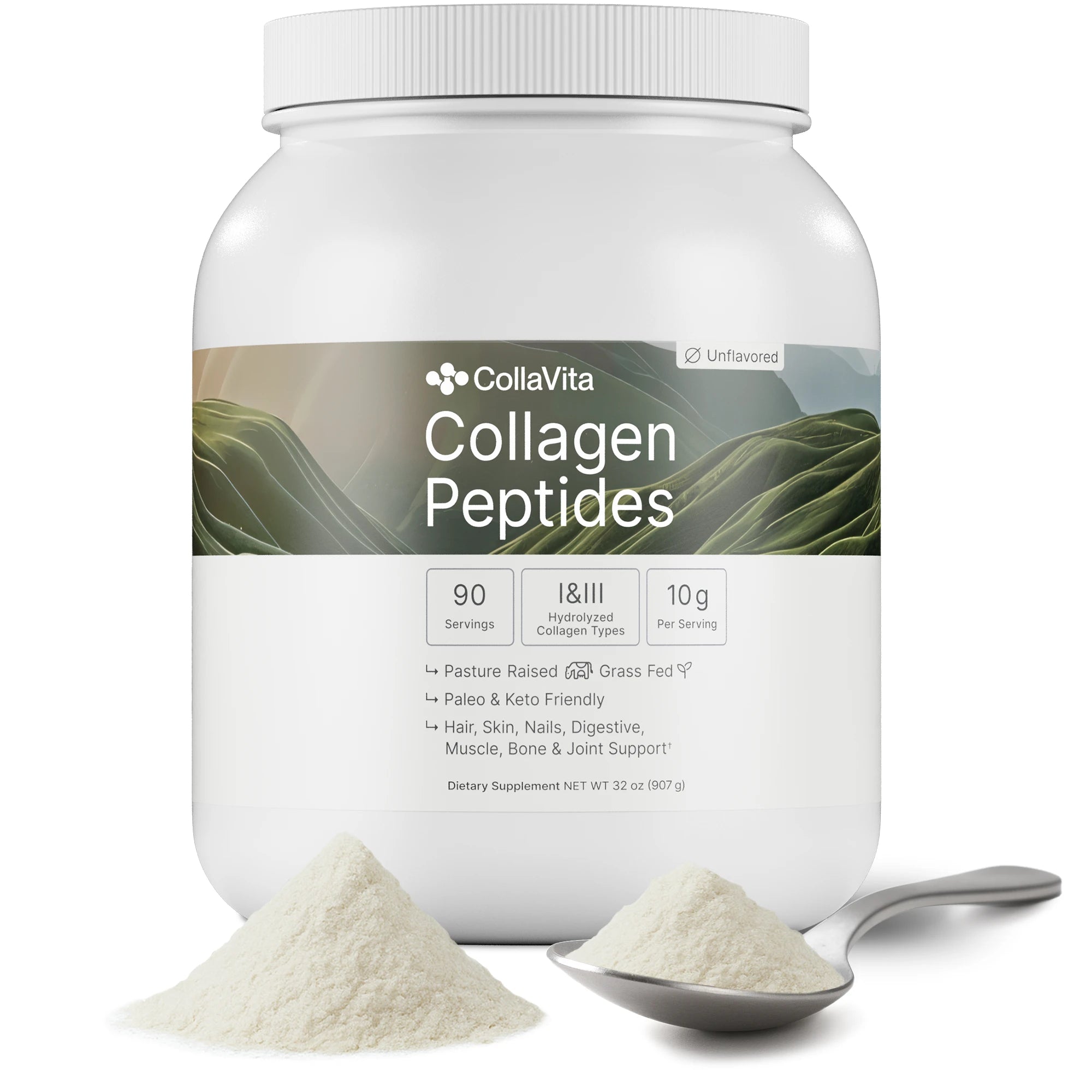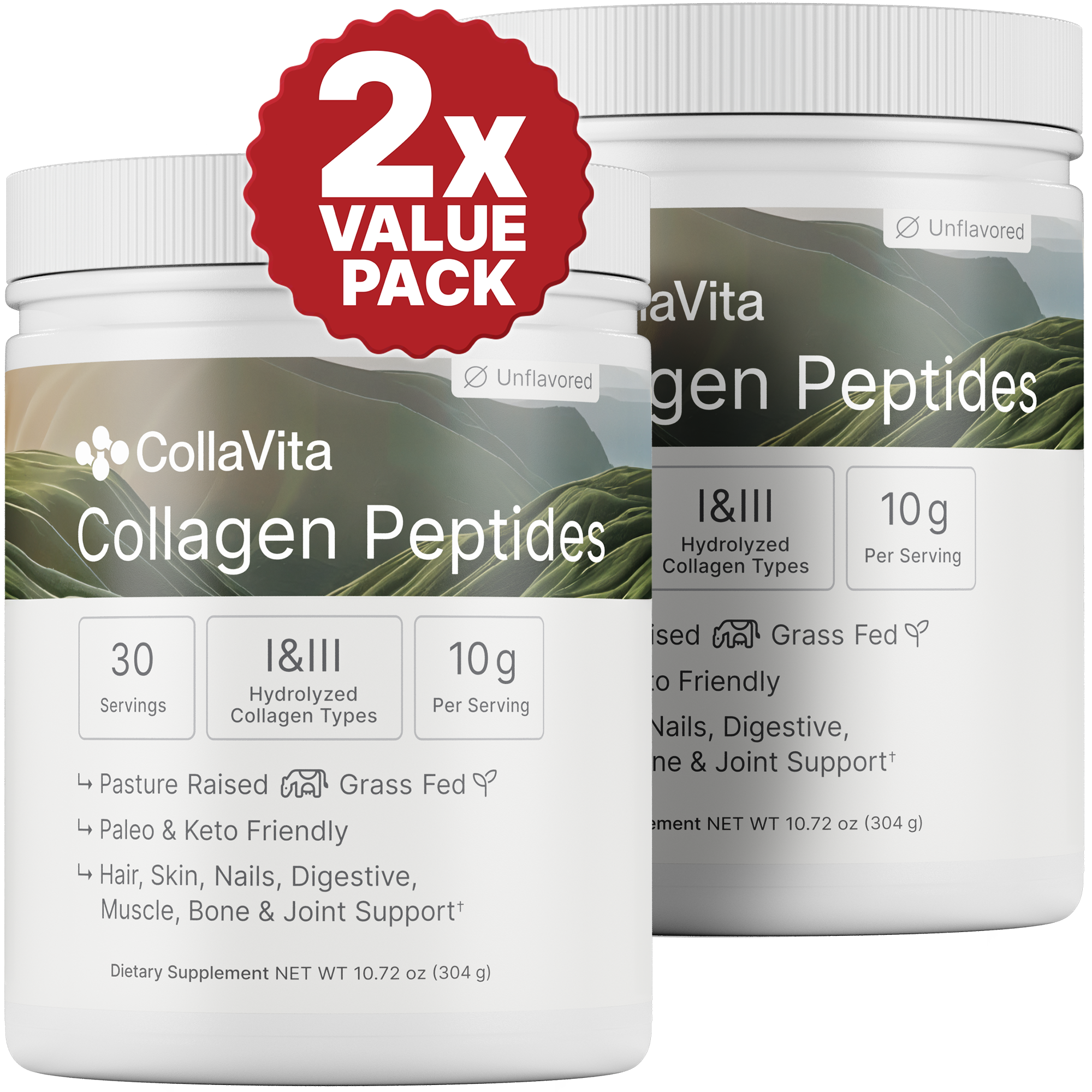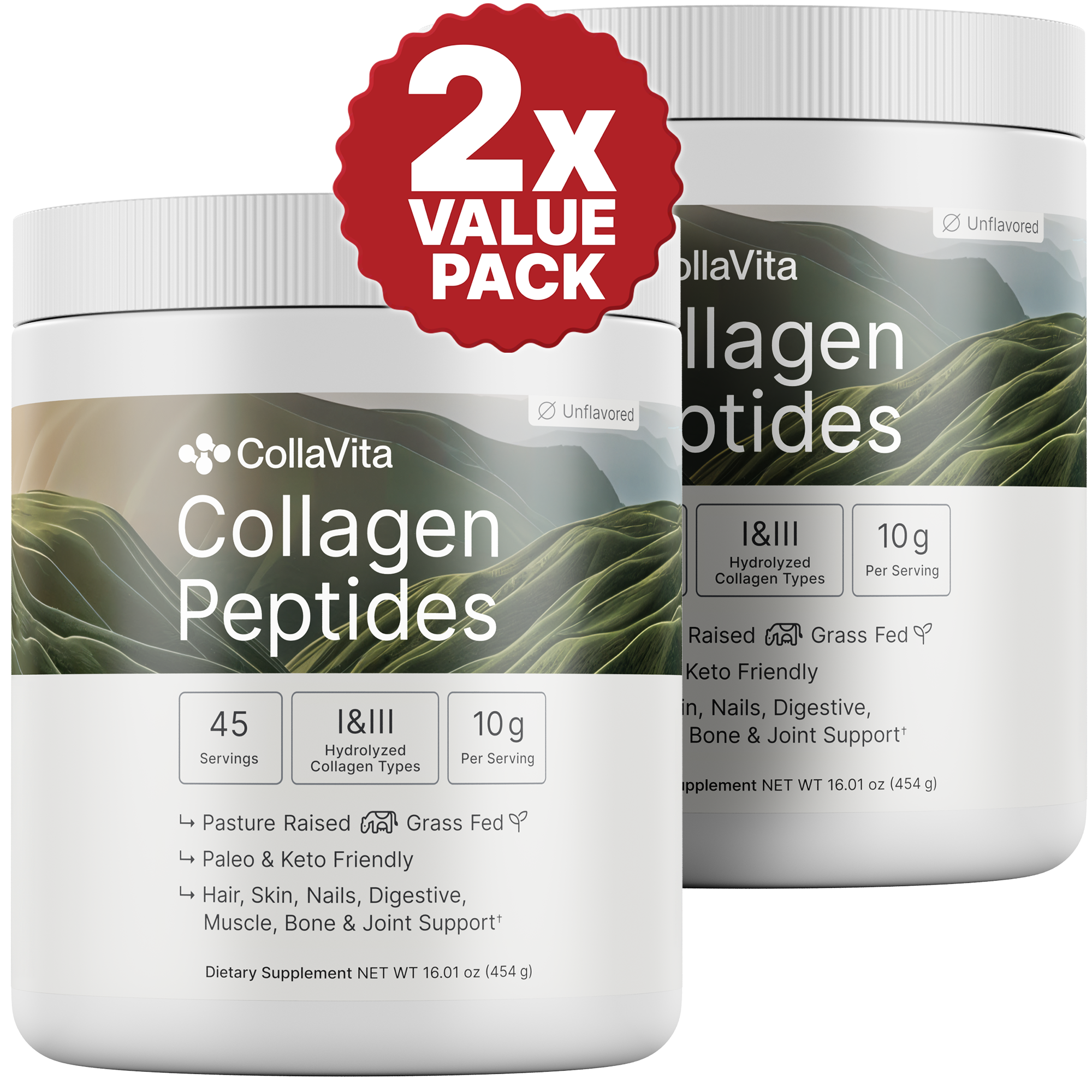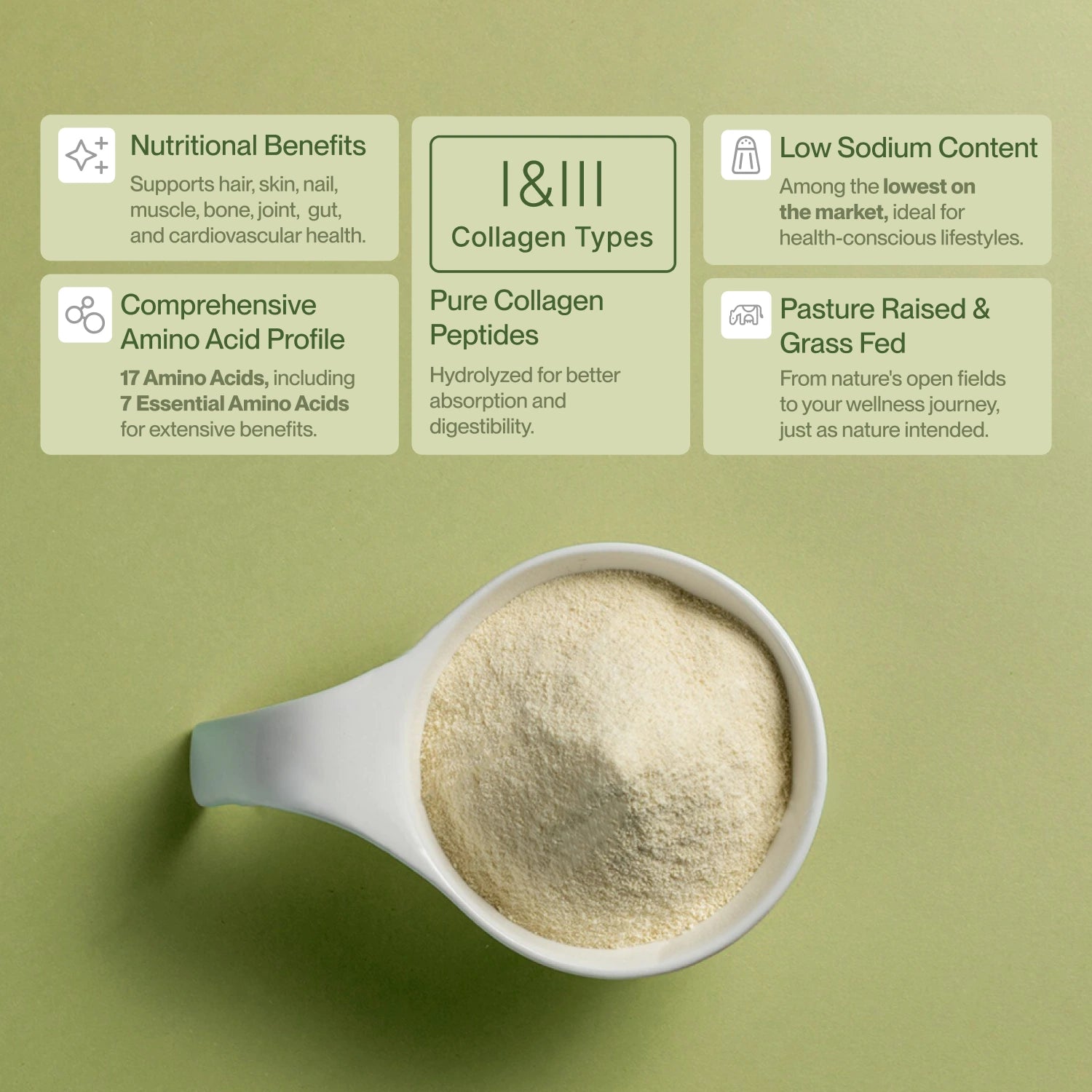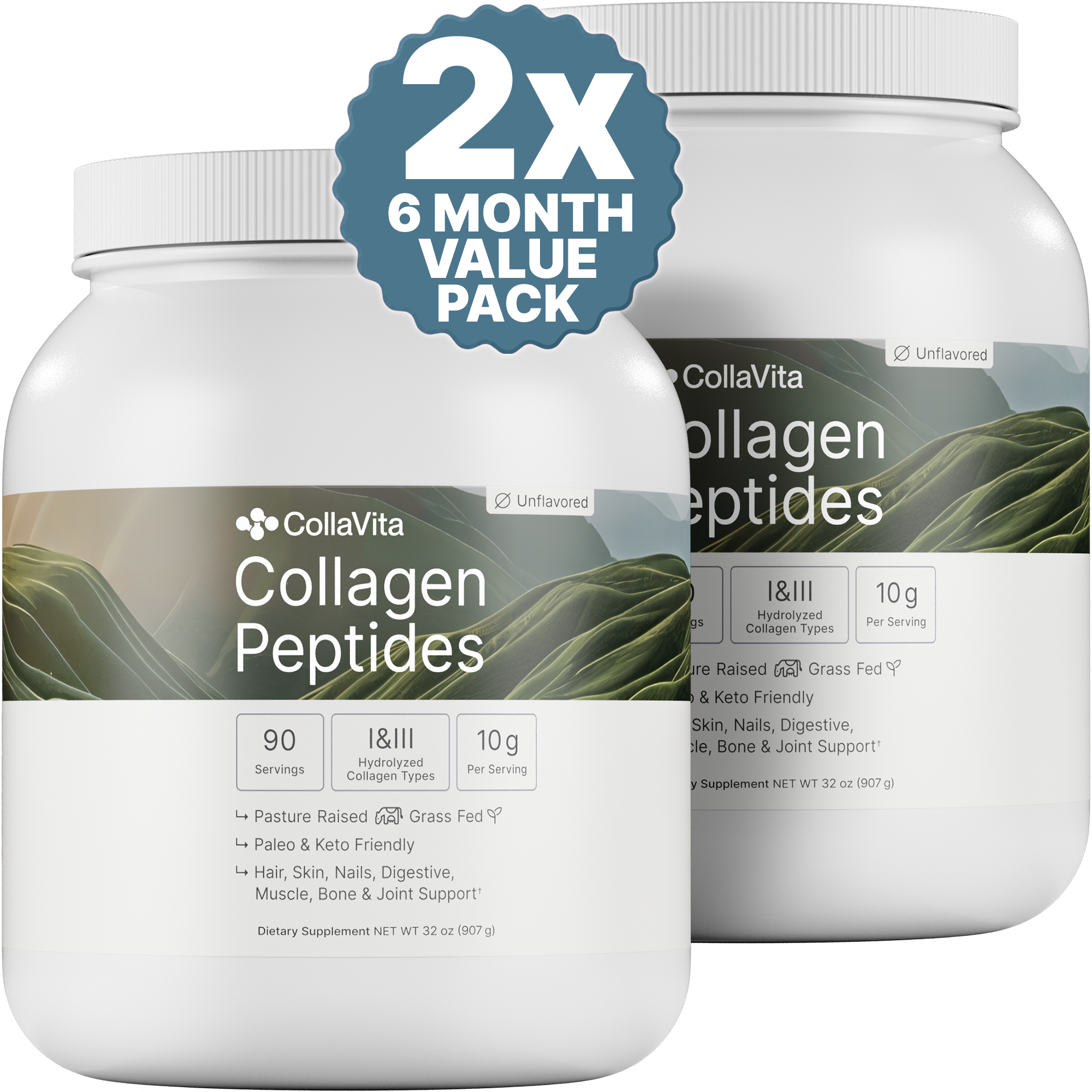Understanding the Fundamentals
Collagen: The Body's Structural Backbone
Collagen is the primary protein responsible for the structure and support of skin, bones, muscles, tendons, and ligaments. Its fibrous nature provides the elasticity and tensile strength vital for healthy skin and robust joint function.
Magnesium: The Master Regulator
Magnesium is a critical mineral that acts as a cofactor in hundreds of bodily processes. It is essential for energy metabolism, ensuring smooth muscle and nerve function, and contributing to cardiovascular health by regulating heart rhythm.
The benefits of both magnesium and collagen extend across structural and metabolic health. While popular for enhancing skin and supporting joints, they are indispensable for overall wellness.
What are The Synergistic Benefits of Collagen and Magnesium?
Combining collagen and magnesium offers a powerful synergy for skin and joint health. Collagen, known for improving skin elasticity and supporting joint structure, works in harmony with magnesium, which aids in muscle relaxation and reduces inflammation. This combination is particularly effective for those dealing with signs of aging or joint discomfort.
For skin health, collagen provides the necessary building blocks for regeneration. Magnesium complements this by helping to manage stress and improve sleep quality, indirectly leading to better skin by reducing cortisol levels.
For joint support, collagen strengthens cartilage and connective tissues. Magnesium ensures proper muscle and nerve function, which can reduce the risk of cramps and discomfort. This dual action supports both joint flexibility and muscle relaxation, making it valuable for active individuals.
Joint and Bone Support: The Role of Magnesium and Collagen
Collagen and magnesium are fundamental to maintaining robust joint and bone health. Collagen is a major component of cartilage, tendons, and ligaments, providing the structural integrity and flexibility necessary for mobility. It supplies the amino acids needed for cartilage repair, which is vital for active individuals seeking to reduce discomfort and maintain performance.
How to Include Magnesium and Collagen into Your Routine?
Integrating magnesium and collagen supplements into your daily life can significantly boost your wellness. Always consult a healthcare professional to tailor supplementation to your individual needs and ensure compatibility with any existing conditions or medications.
When selecting products, look for high-quality, bioavailable forms. Opt for hydrolyzed collagen, which is easily absorbed, and magnesium forms like magnesium citrate or magnesium glycinate.
Practical Tips for Supplementation:
-
Dosage: Follow manufacturer guidelines, typically around 10 grams of collagen and 300-400 mg of magnesium daily for adults.
-
Timing: Collagen can be taken anytime. Magnesium is often best taken in the evening to promote relaxation and enhance sleep quality.
- Consistency: Daily, consistent intake is key to achieving optimal results.
By thoughtfully incorporating collagen and magnesium, you can effectively enhance skin elasticity, joint function, and overall health as part of a comprehensive wellness strategy.
FAQ
Can You Take Collagen with Magnesium?
Yes, taking collagen with magnesium can have complementary health benefits. This combination supports skin, joints, and overall well-being when integrated into a balanced routine.
What Supplements Should Not Be Taken with Collagen?
Generally, collagen is well-tolerated with most supplements, but when considering multivitamins with collagen, it’s best to avoid taking them with substances that may reduce protein absorption, such as high doses of certain minerals like zinc.
Does Magnesium Boost Collagen?
Magnesium plays a supportive role in collagen formation by aiding enzymatic processes necessary for collagen synthesis, thus indirectly boosting the body's collagen production. Including magnesium as part of your routine is one effective approach when exploring How to Boost Collagen naturally.
What Are the First Signs That Collagen is Working?
Initial signs that collagen is working include improved skin moisture and elasticity, reduced joint discomfort, and stronger nails. Observing these benefits can affirm collagen's effectiveness in your routine.
What is the Best Type of Collagen to Take for Maximum Absorption and Effectiveness?
For optimal absorption, the most recommended form is Hydrolyzed Collagen (also known as collagen peptides). This form has been broken down into smaller, more digestible particles, making it easier for your body to utilize the amino acids for joint, skin, and bone repair.
Beyond Joints and Bones, What Other Health Benefits Does Collagen Offer?
Collagen is a multi-tasking supplement that supports everything from gut health to hair, skin, and nails. To discover the full range of effects and understand why it is a foundational supplement for overall wellness, read about the 13 Collagen Benefits.
Scientifically Reviewed by Omer (Matt) Sermet


